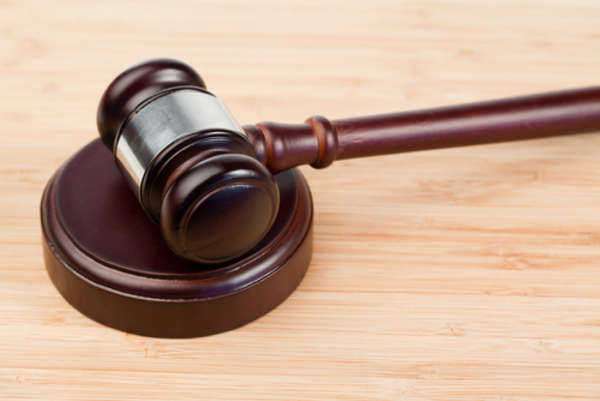Understanding Child Abuse Charges
Child abuse can be tried in a criminal court or in a civil court, and child abuse charges can be either a misdemeanor or a felony. Child abuse charges usually depend upon the severity of the abuse that was inflicted upon a child.
If a child has sustained serious physical injuries, then the child abuse charge may be a felony instead of a misdemeanor. These child abuse charges will vary depending on the State in which the alleged child abuser resides. However, most states will recognize similar child abuse charges for similar behaviors and actions. If you need legal advice and assistance, contact a child abuse lawyer.
Misdemeanors and felonies are ranked based on the severity of the crime. For example, in many states, if an individual knowingly endangers a child and the abuse results in the death of the child, then the abuser can be charged with a class 2 felony.

In same State, if the child that is being subjected to intentional abuse is not killed, but receives extensive physical injuries, then the child abuse charge may be a class 3 felony. Each State is responsible for determining what the minimum and the maximum punishment will be for each class of misdemeanor and felony.
In many states, the child abuse charge for an individual who harms a child due to criminal negligence may be a lesser degree felony than an individual who abused a child intentionally and with knowledge of their actions.
In the majority of the states within the United States, if child abuse or neglect results in the death of a child or extensive physical injury to the child, then the person who is responsible for the abuse will face a child abuse charge that is some degree of felony. The class of felony that an individual is charged with may depend on the abuser's intention and whether or not they were aware of the harm that would come to the child.
If a child abuser knowingly causes the death of a child, they will be charged with murder in the first degree. If an individual subjects a child to neglect that does not result in severe physical injury but still causes harm to the child, then the individual may be charged with a misdemeanor unless they have faced previous child abuse charges for the same act, in which case they may face a child abuse charge that is a low class felony.
In general, first offense acts of child abuse that do not result in the death or the serious physical harm of a child will result in child abuse charges that are some class of misdemeanor. In many of these cases, an individual who has subjected a child to abuse will be required to seek counseling or attend another form of treatment program.
If an individual continues to inflict harm upon a child and faces subsequent charges for their actions, the severity of the charges will increase. An individual who is charged with a felony may be required to pay hefty fines or spend many years in prison.